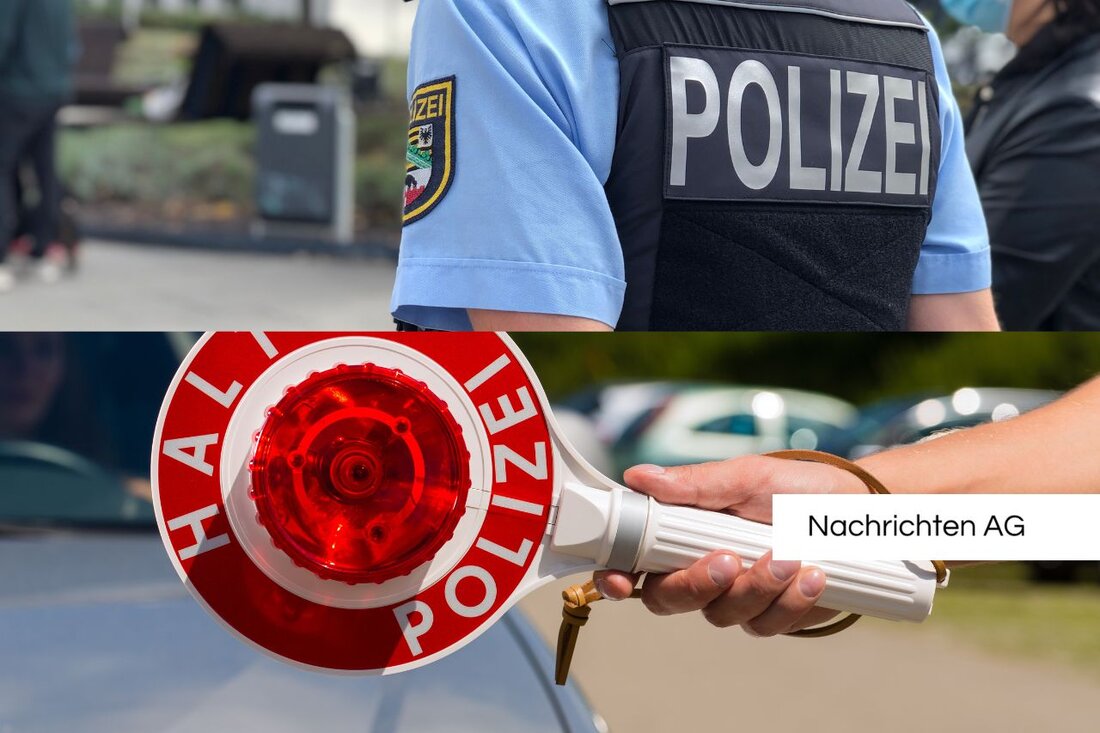Ursula von der Leyen wants age limit for Tikkok & Co. - what now?
EU plans to age for Tiktok, Instagram and Facebook. Over 70% of Germans support measures to protect young people.

Ursula von der Leyen wants age limit for Tikkok & Co. - what now?
The discussion about dealing with young people with social networks in Europe is gaining drive. EU Commission President Ursula von der Leyen has announced that it would introduce an age limit for platforms such as TikTok, Instagram and Facebook. The aim of this measure is to better protect for children and adolescents, such as oe24.at. In a speech in front of the European Parliament, the Leyen announced that it would use an expert group by the end of the year to develop proposals to implement such an age limit.
The President of the EU Commission compares the use of social networks with access to tobacco and alcohol. She sees the need to ensure the safety of the children on the Internet and not to prioritize the profits of companies. Australia serves as a model, where young people only have access to these platforms from 16 years. There, operators are obliged to introduce age verification systems by next year in order to avoid high fines, so [t3n.de] (https://t3n.de/news/tiktok-und-instagram-bald-16-ur-der-leyen-fuer-age border-in-social media-out-1706742/).
Public opinion and political reactions
In Germany, a survey by the YouGov Institute shows that over 70% of those surveyed support a minimum age for access to social media. Of these, 57% would like an age limit of 16 years, while 16% even prefer a minimum age of 18 years. However, opinions within the political landscape are divided. While the SPD and the Greens speak out for an age limit, CSU boss Markus Söder warns that bans could make social media even more attractive, reports tagesschau.de.
Hendrik Streeck, the Federal Government's addiction and drug representative, expresses concerns about the consequences of early consumption of digital content. Studies show that children and adolescents who come into contact with social media early are endangered for risky behavior and problematic drug use. This underlines urgency to introduce age -appropriate access restrictions.
Future measures and challenges
The EU is working on the development of a verification app that should contribute to the enforcement and control of age limits. This technology should be integrated in the digital EU ID (oath) in the long term, which should be available in Germany and Austria from the end of 2026. This represents a significant step towards more effective youth protection.
In addition, there are various proposals for age limits within Germany, including the Federal Minister of Education Karin Prien, which mentions 14 or 16 years as possible limits. However, young people between the ages of 16 and 27 are often skeptical about these suggestions. Many feel an age limit of 16 years over and argue that they can already find out more about social media.
The discussion remains lively, with different views of the necessity and the effectiveness of age restrictions on the Internet. Young people demand more involvement in political decision -making processes and want their perspectives to be heard in this important topic.

 Suche
Suche
